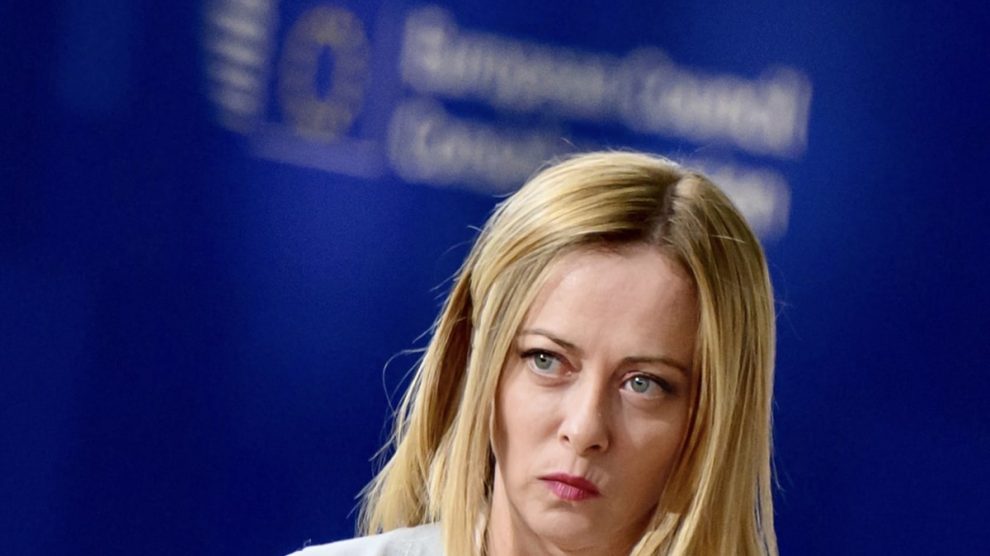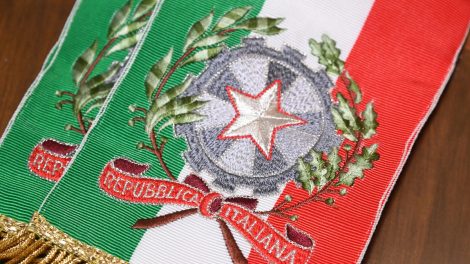Decoding the news. In Italy, the opposition rarely acknowledges the validity of government choices. Here, the opposite occurs: a segment of the minority, though following their own political peculiarities, appreciates Meloni because the country’s international alignment is perceived as a shared national interest.
- Western unity: Pia Picierno stresses that “bending everything to domestic politics is one of the grave limits of our national debate.” Lorenzo Guerini emphasises European strategic autonomy “starting with the construction of a genuine and effective common defence.”
- Strategic message: In this case, Italian national interest coincides with the need to reinforce Euro-Atlantic unity, and part of the parliamentary minority is thus moving on a more mature political plane, beyond day‑to‑day confrontation.
- Picierno: “I believe that at the White House [Monday’s meeting], all of Italy identifies with standing alongside Ukraine and peace.”
What are they saying. “Despite many difficulties, in the war in Ukraine, Europe is providing important answers, and the Italian government, for its part, stands firmly with Europe. This is important. This is good,” explains Guerini.
- “It is certainly positive, the cohesion of Europe” demonstrated during the White House summit, “a summit that put things back in order” and “rebalanced the narrative after the Trump‑Putin meeting in Alaska.”
- “We must continue along this same path. How? Strengthening European strategic autonomy starts with constructing a genuine and effective common defence,” he adds.
- “The fact that she [the Prime Minister Giorgia Meloni], not I, changed her mind and has firmly aligned with the strongest countries in the EU is excellent news,” underlines Picierno.
What we’re watching. Italy must be “where its history naturally places it: among the Europeanist vanguards,” adds the Italian VP of Euro-Parliament.
- According to the two Democratic Party top representatives, Meloni is now working toward this and should continue to do so.
- Guerini’s note of caution: “If negotiations develop, and in the face of the demanding decisions to be taken, I hope that in our country a mature and responsible political debate will emerge. And that the Italian government will open a serious discussion when the time comes.”





